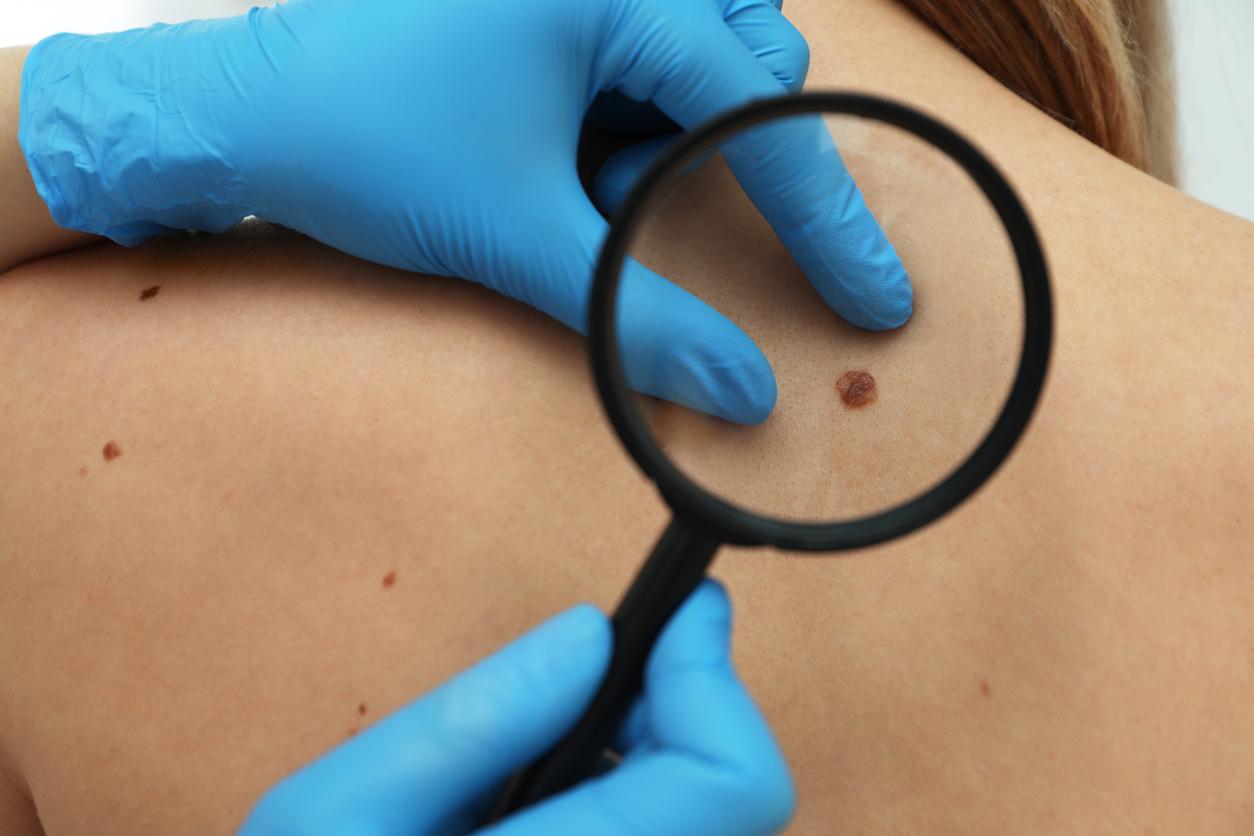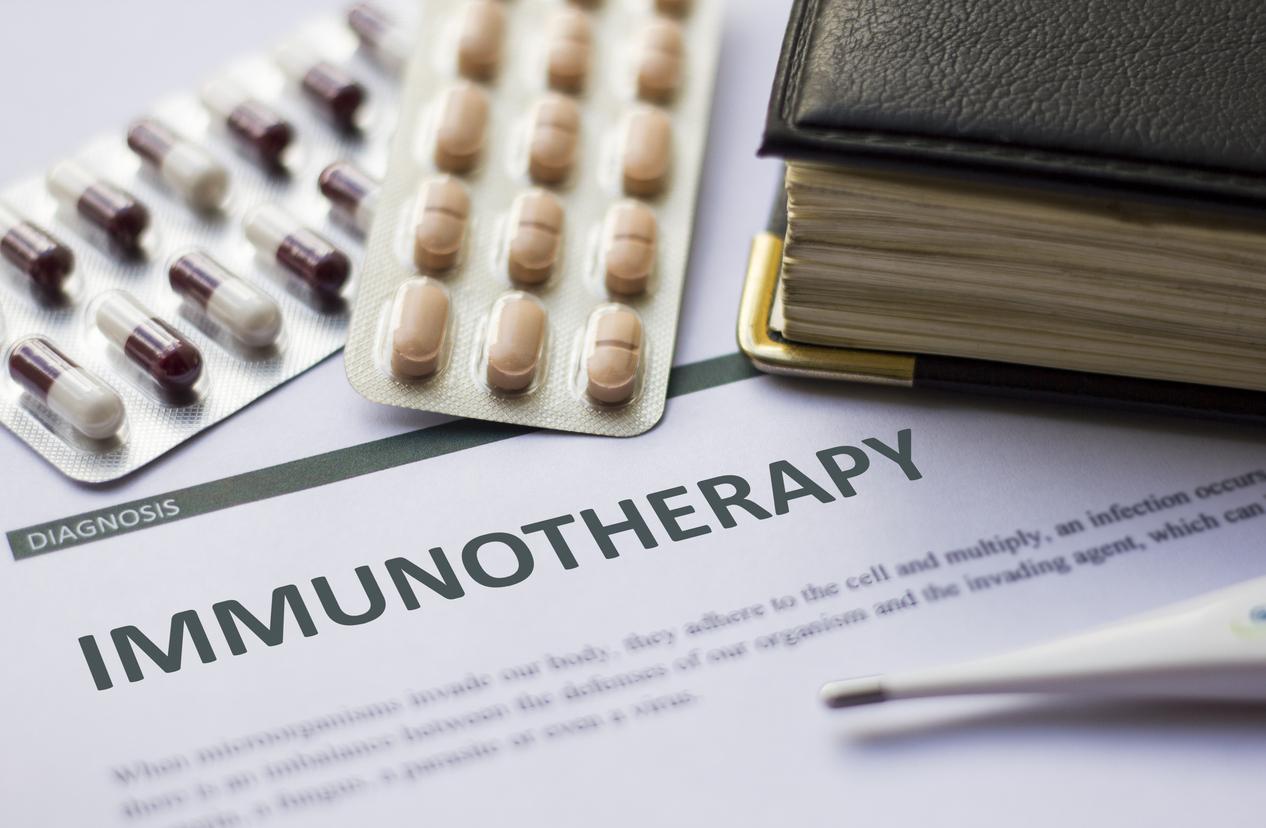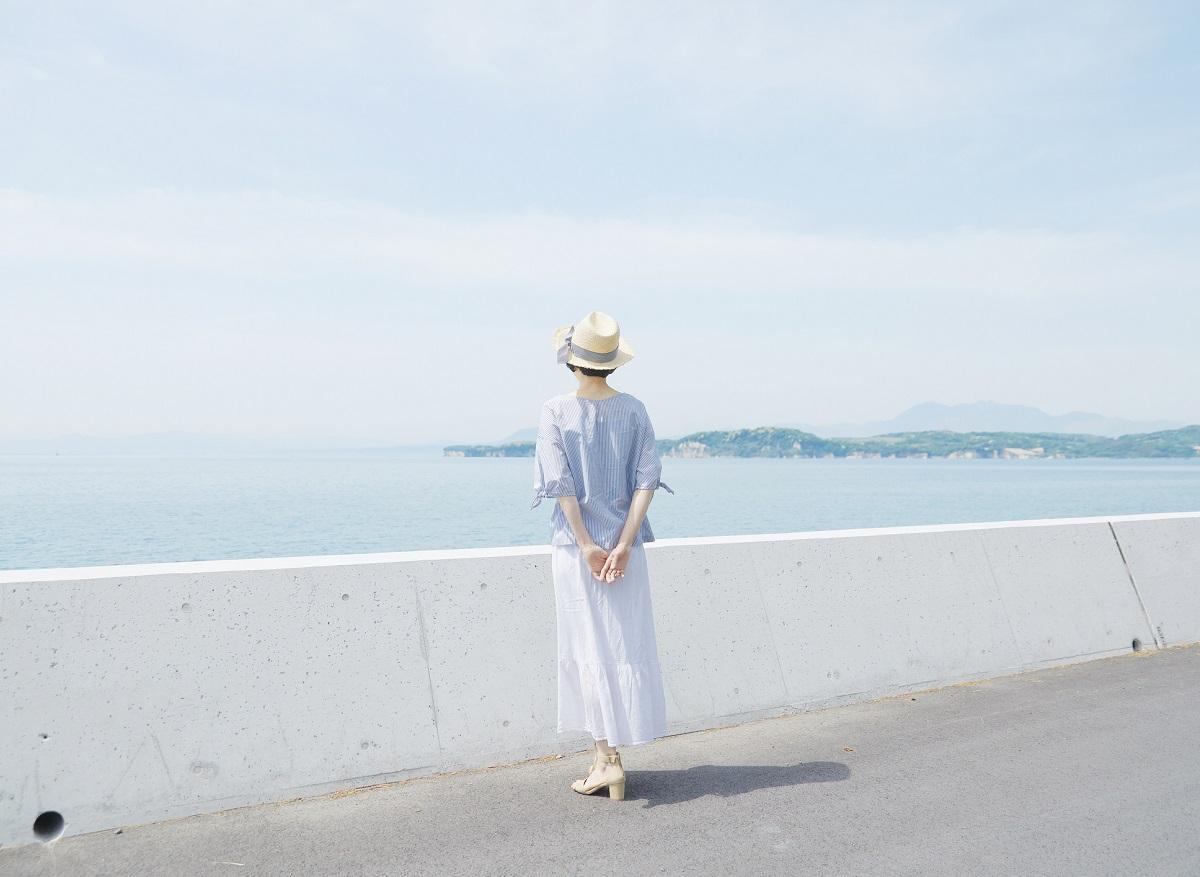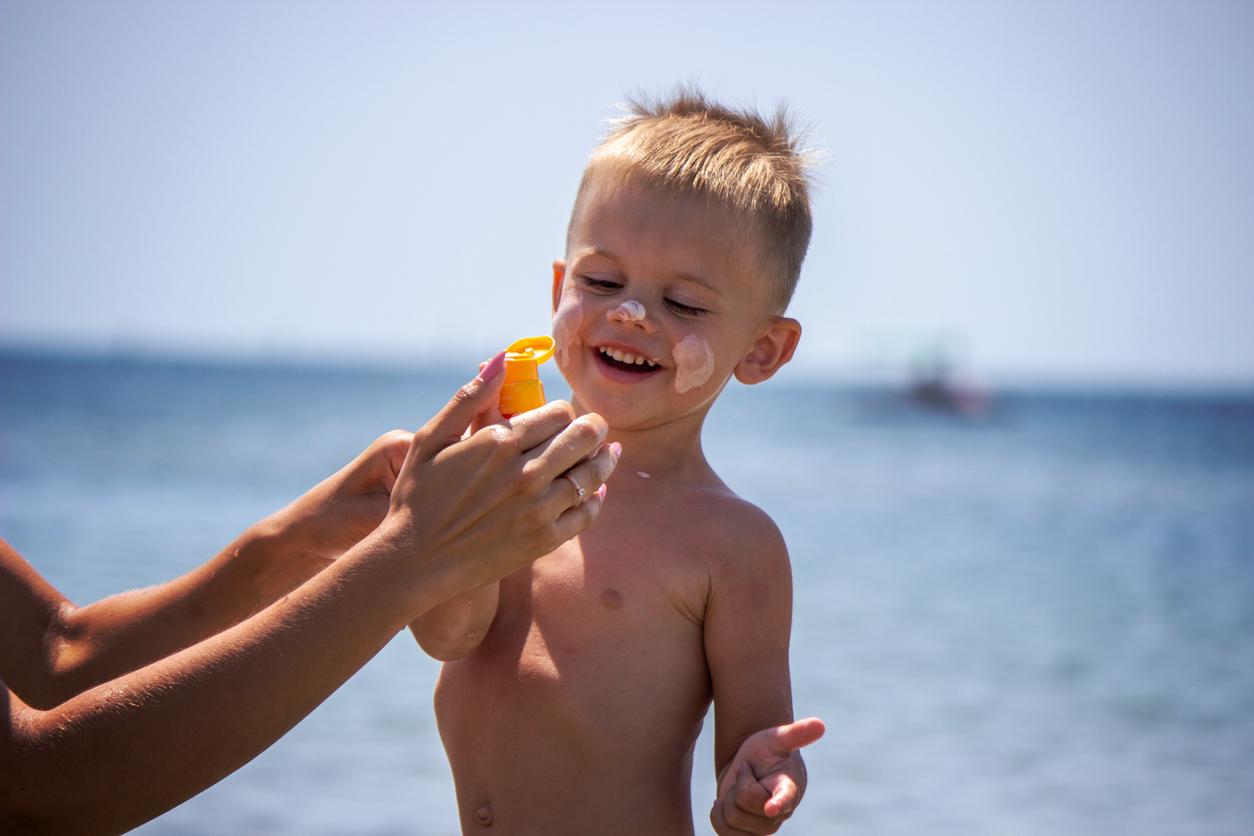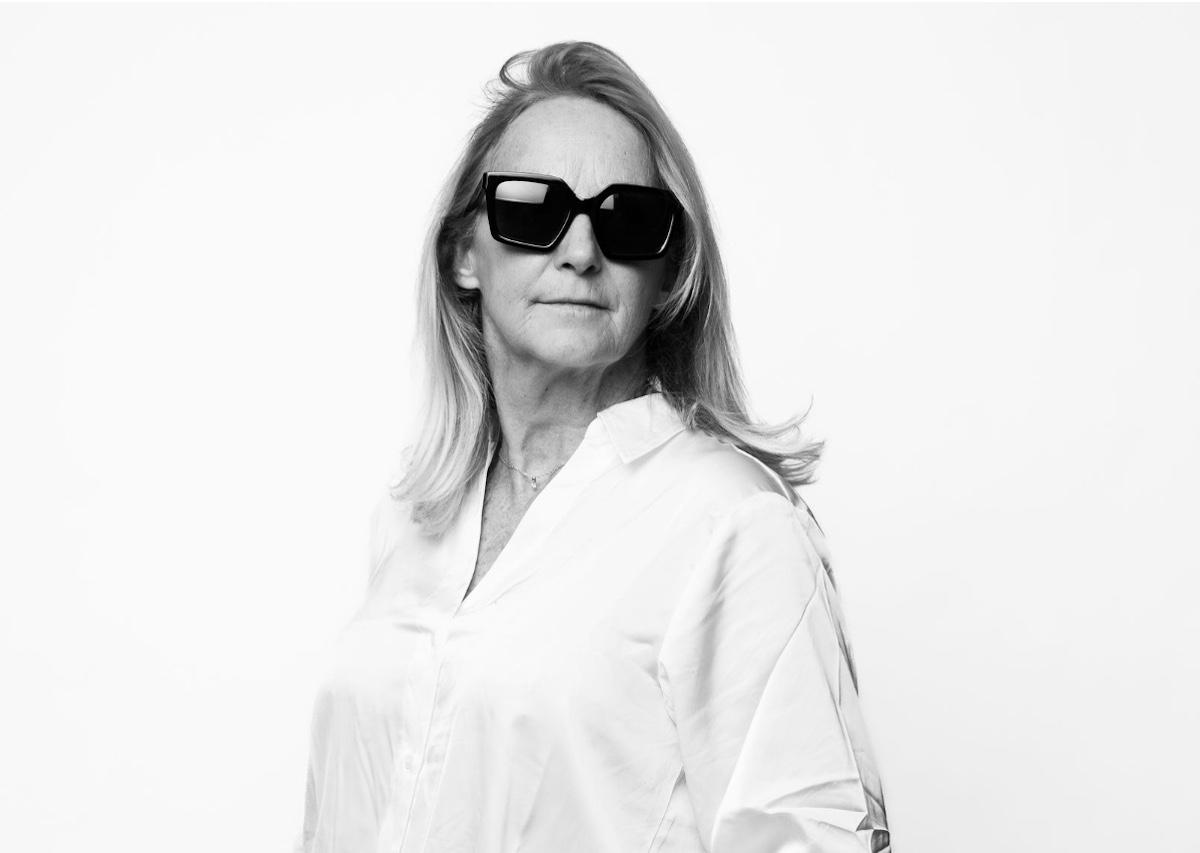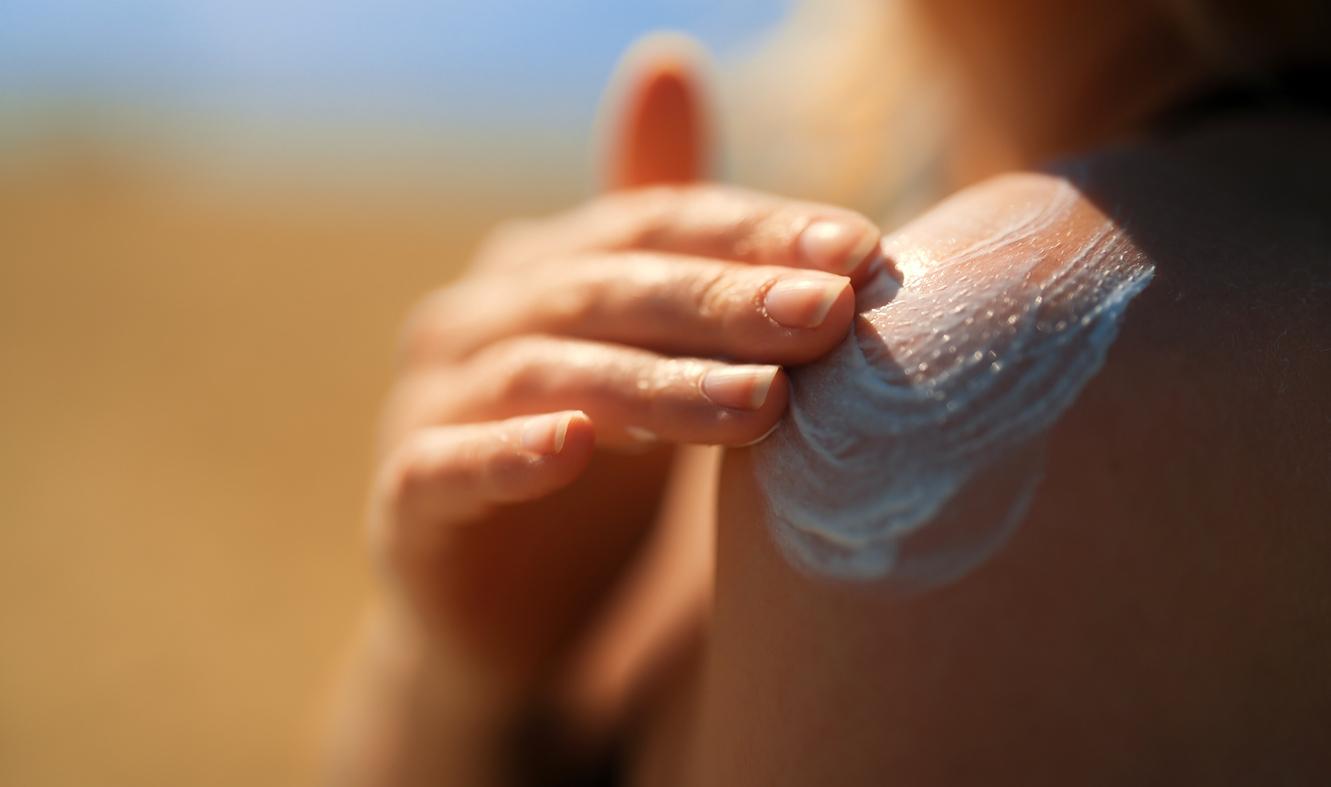Many tanning salons around the world do not adhere to applicable laws that are supposed to protect clients (especially minors) from the potential dangers of artificial UV rays.
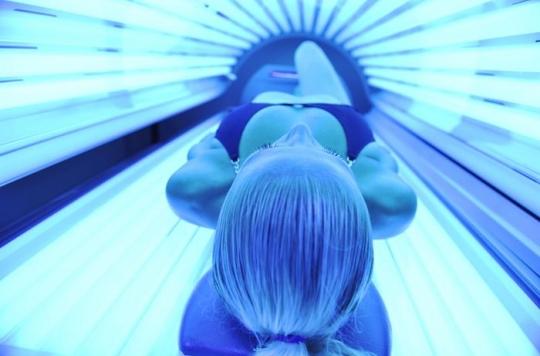
While it is well known that doing UV rays presents risks, many tanning salons around the world do not inform their customers, despite the rules in force, warns a Canadian study published this Thursday, October 4 in the newspaper BMC Public Health.
Researchers at the University of Guelph in Ontario sifted through 16 studies of the habits of institutes offering UV in the United States, Australia, China, Germany and France. They analyzed whether, in accordance with the law, the latter checked the age of their clients, offered them protective glasses, informed them of the potential risks and recommended that they wait at least 48 hours between two sessions, as it would be necessary. .
Conclusion: “We were surprised to see how the compliance with law varied from one rule to another. For example, the law on glasses was respected at 92% on average while the limitation of access according to age was only met at 34% on average, “worries Jessica Reimann, who led the study. “Failure to communicate well about the risks and contraindications or to tout the wrong health benefits was also common, implying that people who get UV rays do not receive the necessary information or, worse, that ‘we lie to them,’ warns Dr. Jennifer McWhirter, co-author of the study, recalling, however, that the laws on tanning salons vary from country to country.
While the death rate from skin cancer has doubled worldwide since 1990 and artificial UV rays were elevated in 2009 by the World Health Organization (WHO) to the rank of proven carcinogen (like tobacco) it is essential that tanning salons are more straddling their communication to the general public, explain the researchers.
Strengthen legislation on tanning salons country by country
“We need to better follow the laws to protect children. For example, it would be necessary to go in person to the tanning salons to make sure that everything is in compliance. Amendments could also help to ensure that young people cannot go get UV done. For example, canceling parental permissions to completely prohibit entry to minors would undoubtedly be more effective, “they note. Among the other ideas put forward by the study: introduce taxes on artificial UV rays in countries that do not yet do so. In the United States, for example, the Obama administration introduced a 10% tax on the activity of tanning centers in 2010.
In France, a new law passed in January 2016 to strengthen the legislation on artificial tanning. Now, claiming that exposure to UV in the cabin would have a beneficial effect on health is strictly prohibited and punishable by a fine of 100,000 euros. It is also illegal to propagate claims such as “UV sessions prepare the skin for sun and vacation”, “UV sessions prevent future sunburn”, “UV sessions are beneficial for morale “,” UV sessions are a source of vitamin D “or” UV sessions are less damaging to the skin than the sun “.
In addition, the law reinforces the duty of information on the risks associated with exposure to UV rays by tanning in the cabin. In addition to sunburns, sunburns can prematurely age the skin, an allergic reaction when the client uses a certain cosmetic or takes a certain medication, and in more serious cases, cause visual disturbances or cancer.
In our country, 80,000 skin cancers are diagnosed each year. Of these, 4% are cutaneous melanomas. It is the most dangerous form of the disease. Evolving rapidly to metastatic stages, it is responsible for 80% of deaths linked to dermatological cancer.
See below for a table comparing the different laws relating to tanning salons in Europe.
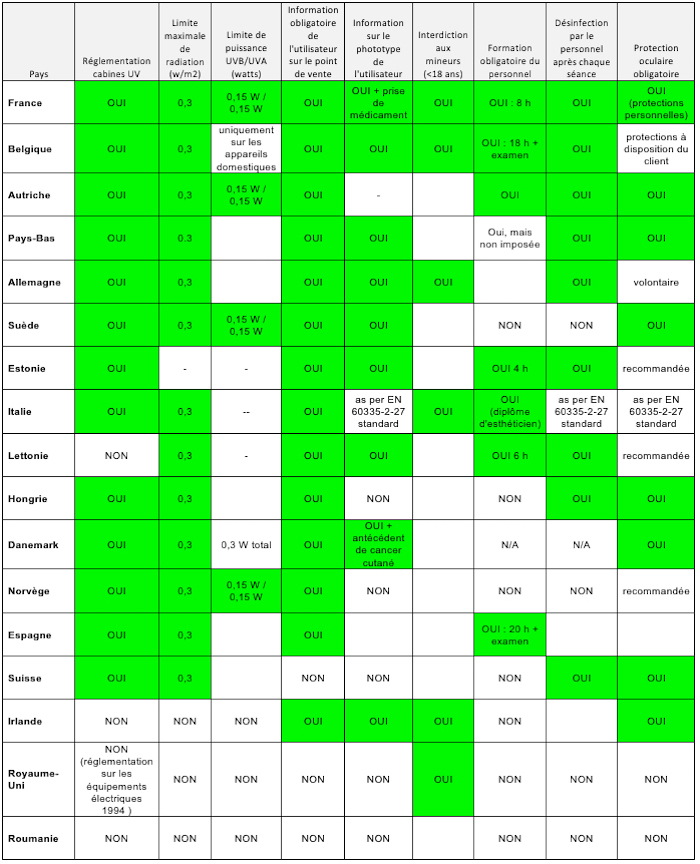

.










